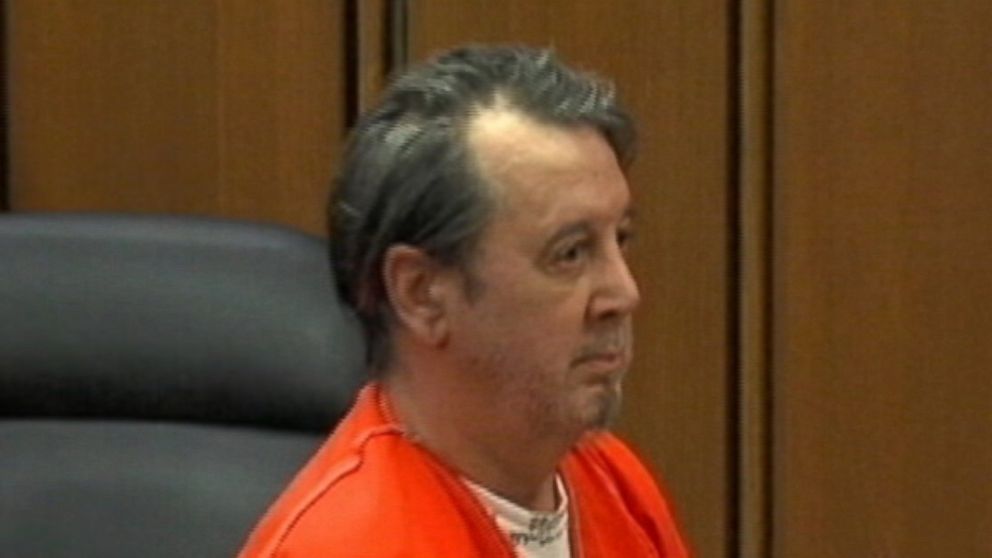Money Stolen by Infamous Con Man 'Bobby Thompson' Finally Goes to Vets
Donors gave millions to a Navy veterans charity, not knowing it was a scam.

— -- Years after donors gave millions to the U.S. Navy Veterans Association – not knowing it was a scam charity preying on wartime sympathies – at least some of that money is finally reaching its intended target.
Ohio Attorney General Mike DeWine announced Friday his office would be handing a portion of the money seized during the capture of the fugitive scammer known as Bobby Thompson over to the Ohio Military Veterans Legal Assistance Project, which provides legal services to returning service men and women, as part of a $50,000 grant.
“These funds were originally given by generous donors who thought their contributions were going to help our veterans, but most of the money went to line the pockets of a con artist,” DeWine said in a press release late Friday. “As a result of the legal process that convicted Bobby Thompson, my office received some of the remaining funds with the provision that they assist veterans. This grant to the Ohio Military Veterans Legal Assistance Project will ensure the donations serve their original purpose by helping veterans.”
In 2013, DeWine’s office successfully prosecuted John Donald Cody, who operated under the pseudonym Commander Bobby Thompson, for running the charity scam. An Ohio judge sentenced Cody to 28 years in prison.
"[It is] difficult to try to measure the amount of harm your greed has caused,” said Judge Steven Gall. “All the worthy organizations that count on small donations from good citizens to help further their cause ... they are now struggling for money because people are afraid to give."
The charges of theft, fraud, money laundering and the use of false identities stemmed from Cody's stewardship of the organization, which raised millions, but when examined by authorities, offered little proof that money was used to assist veterans.
After the scheme fell apart, Cody went on the run for two years and was ultimately captured in Oregon. But even after his arrest, Cody refused to confirm his real name, going so far as to sign his name "Mr. X" on court papers. He claimed at one point that the charity was part of a top secret CIA operation.
For three years ABC News chronicled Cody's curious case – his abrupt disappearance, the manhunt that led to his capture, and the puzzle that surrounded his identity – a mystery made all the more unsettling by his ability to gain access to the White House for an event with then-President George W. Bush, and to pose for photographs with Sen. John McCain and then-House Speaker Rep. John Boehner.
It was a tale ripped from Hollywood. U.S. Marshals who finally caught him believe Cody modeled his life after the famous impostor from the blockbuster "Catch Me If You Can." A copy of the Leonardo DiCaprio movie was among the few personal possessions he kept at the Portland, Oregon boarding house where he was in hiding. Agents also found a suitcase holding nearly $1 million in cash.
"A man that had no other source of income, had no job, no nothing … and as soon as questions are asked, he disappears with a suitcase?" said prosecutor Brad Tammaro of the Ohio Attorney General's office. "If I don't have a job other than as a trustee for this charity, and then I end up with a million dollars in a suitcase somewhere, there's the conclusion right there."
Money seized during Thompson’s 2012 arrest was awarded to the Ohio Attorney General’s Office for distribution to legitimate veterans charities. The $50,000 grant to the Ohio Military Veterans Legal Assistance Project is the first of that distribution.
In all, it is believed the scam charity raised more than $100 million from donors who thought they were helping returning American military heroes.
Cody has never revealed what happened to the bulk of that money.




